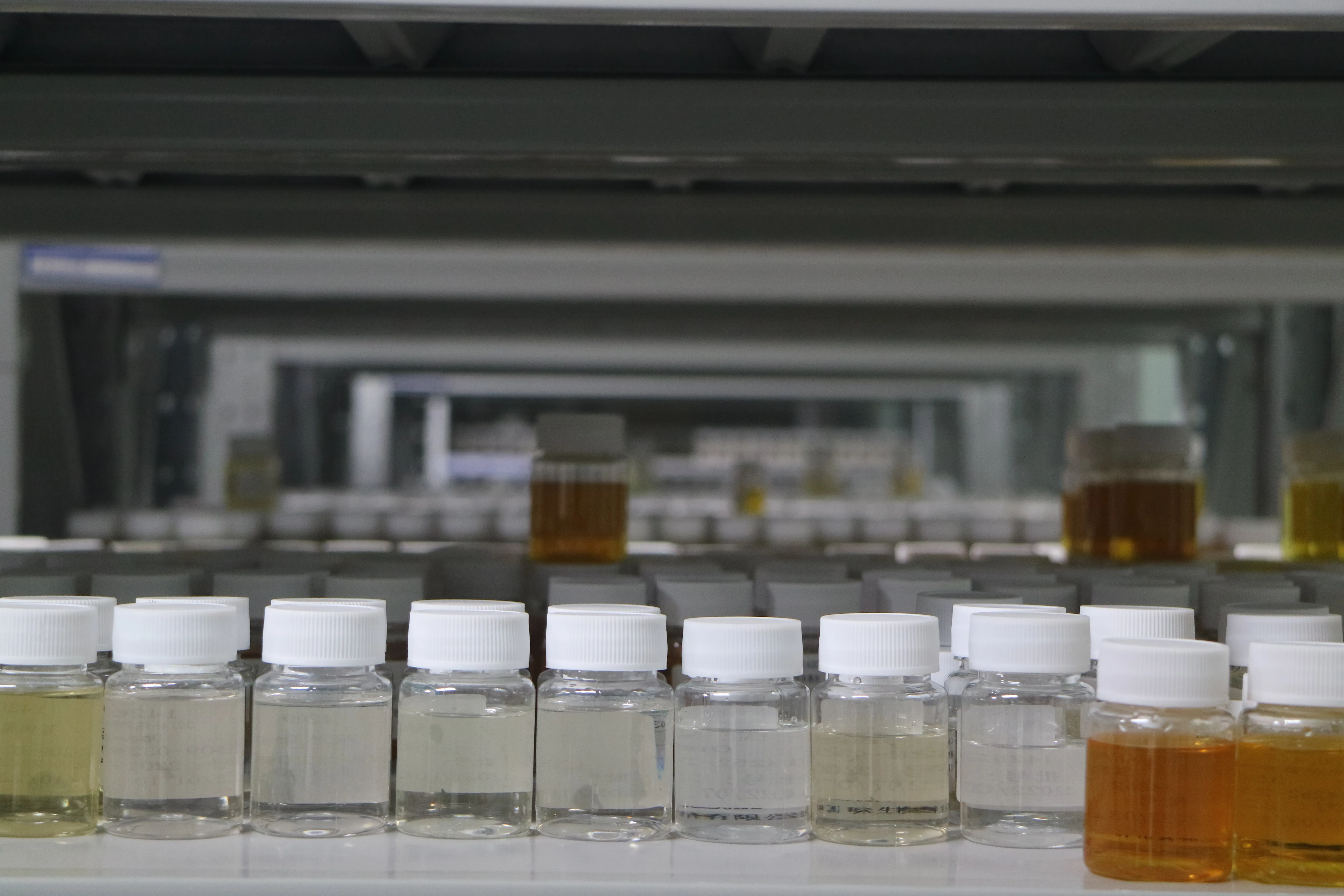
Did Trump ban flavored ejuice?
On September 11, 2019, US President Donald Trump announced his administration's plan to ban the flavored e-juice. The decision came after a series of reports and debates regarding the impact of vaping on public health, especially on young people. This essay will discuss the reasons and implications of the ban on flavored e-juice by President Trump.
From his announcement speech, Trump said that the ban on flavored e-juice is aimed at protecting young people from becoming addicted to nicotine through vaping products. According to the National Youth Tobacco Survey statistics in 2019, the number of US high school students who reported using electronic cigarettes increased by 135% compared to the previous year. The US Centers for Disease Control and Prevention (CDC) has also reported more than 2,500 cases of vaping-related lung injury and 55 deaths as of January 2020.
Many public health advocates have been concerned about the increasing popularity of e-cigarettes among young people and have been urging authorities to take action. Flavored e-juice has been a significant contributor to the popularity of vaping products among young people. Flavors such as fruit, candy, and mint are appealing to young people and have contributed to the rising use of e-cigarettes among this age group.
Moreover, the use of e-cigarettes is not only addicting young people but also posing a threat to the country's overall public health. The CDC has warned that e-cigarettes could lead to respiratory and cardiovascular diseases, as well as cancer. There is also concern that e-cigarette use could lead to nicotine addiction, which could, in turn, lead to the use of traditional cigarettes.

In light of these concerns, President Trump decided to take strong action and impose the ban on flavored e-juice. The ban would affect all e-cigarette products in flavors other than tobacco. The Trump administration also announced that any company or retailer that violates the ban would face severe penalties, including monetary fines and imprisonment.
However, the ban on flavored e-juice has been met with mixed reactions from different groups. On one hand, public health advocates and anti-smoking groups have been welcoming the ban. They have been arguing that it's essential to protect young people from addiction and harm that could arise from the use of e-cigarettes. The ban is seen as a significant step towards reducing the use of e-cigarettes among young people.
On the other hand, the ban has faced significant pushback from the vape industry and some supporters. The vape industry argues that the ban would negatively affect the industry and lead to job losses. Additionally, some people argue that the ban would push e-cigarette users back to traditional cigarettes, which are significantly more harmful than e-cigarettes.
Another concern has been that the ban could lead to the establishment of a black market for flavored e-juice, which could be more dangerous and have worse consequences than the legal products. The ban might inevitably lead to the creation of an unregulated vaping market, with dangerous products, as seen in the prohibition era.
Furthermore, the ban could also be seen as an infringement on personal freedom of adult e-cigarette users who choose to use flavored e-juice. These people see the regulation as a violation of their autonomy to use a legal product of their choice.
Despite the mixed reactions, the ban on flavored e-juice is a significant step towards controlling the use of electronic cigarettes among young people and reducing the harm posed to public health. However, the Trump administration should be cautious to ensure that the ban does not negatively affect small businesses or push users to use more dangerous black-market substances.
The ban on flavored e-juice by President Trump is a move towards protecting young people from nicotine addiction and reducing the harm posed to the public. While some may argue that the ban is too heavy-handed or could lead to unintended consequences, there is no doubt that the use of electronic cigarettes has become a public health concern. It is essential to monitor the impact of the legislation, particularly its implication on young people and the industry. Nevertheless, the ban's ultimate goal is well-intentioned and necessary to safeguard America's public health.

We will contact you as soon as possible









